detail profile lawrence lessig
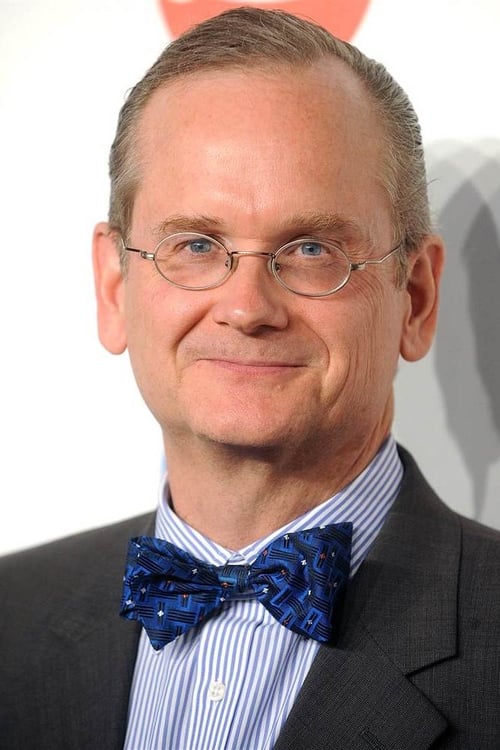
Riwayat Hidup
From Wikipedia, the free encyclopedia.
Lawrence "Larry" Lessig (born June 3, 1961) is an American academic and political activist.
He is best known as a proponent of reduced legal restrictions on copyright, trademark, and radio frequency spectrum, particularly in technology applications.
He is a director of the Edmond J.
Safra Foundation Center for Ethics at Harvard University and a professor of law at Harvard Law School.
Prior to rejoining Harvard, he was a professor of law at Stanford Law School and founder of its Center for Internet and Society.
Lessig is a founding board member of Creative Commons, a board member of the Software Freedom Law Center, an advisory board member of the Sunlight Foundation and a former board member of the Electronic Frontier Foundation.
Description above from the Wikipedia article Lawrence Lessig licensed under CC-BY-SA, full list of contributors on Wikipedia.
Info Pribadi
Peran Yang Di Mainkan Lawrence Lessig
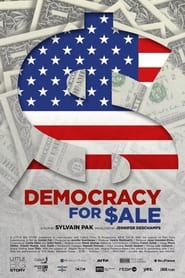 In the United States of America...
In the United States of America...Democracy for $ale 2020
In the United States of America, lobbyists, corporations and billionaires invest millions of dollars to ensure that a suitable candidate, one inclined to support their personal ambitions and economic projects, wins an election, which inevitably affects everything, from the selection of local officials to presidential elections, creates countless conflicts of interest and undermines what supposedly used to be a model democracy.
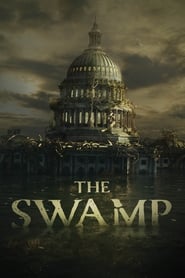 A look behind the curtain of...
A look behind the curtain of...The Swamp 2020
A look behind the curtain of Washington politics following three "renegade" Republican Congressmen as they bring libertarian and conservative zeal to champion the President’s call to “drain the swamp.”
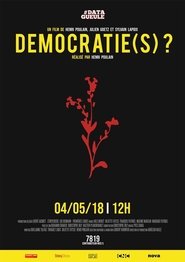 A year ago thanks to the...
A year ago thanks to the...Democracy (s)? 2018
A year ago, thanks to the precious support of 7819 people, we started a journey in democracy (s). Over the weeks and months, according to meetings, exchanges and readings, we questioned this strange word: democracy. In France but also in Greece, Iceland, Belgium and Spain, we met citizens who are working to insert more democracy in their daily lives. Here is, in 90 minutes, the result of this adventure to try to grasp what this word contains.
 Moscow Russia December 2016 Edward Snowden Larry...
Moscow Russia December 2016 Edward Snowden Larry...Meeting Snowden 2017
Moscow, Russia, December 2016. Edward Snowden, Larry Lessig and Birgitta Jónsdóttir meet for the first time in a secret place. Apparently, Russia is interfering in the US presidential elections while it mourns the death of its ambassador to Turkey. Snowden carefully chooses his interviews, so nobody really knows something about him. As the world prepares for Christmas, they gather to discuss the only issue that matters, their common struggle: how to save democracy.
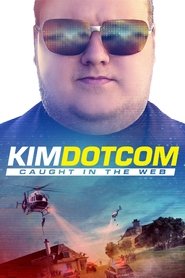 The largerthanlife story of Kim Dotcom...
The largerthanlife story of Kim Dotcom...Kim Dotcom: Caught in the Web 2017
The larger-than-life story of Kim Dotcom, the 'most wanted man online', is extraordinary enough, but the battle between Dotcom and the US Government and entertainment industry—being fought in New Zealand—is one that goes to the heart of ownership, privacy and piracy in the digital age.
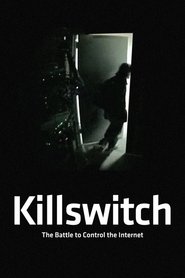 This Internet is under attack Communications...
This Internet is under attack Communications...Killswitch 2015
This Internet is under attack. Communications, culture, free speech, innovation, and democracy are all up for grabs. Will the Internet be dominated by a few powerful interests? Or will citizens rise up to protect it?
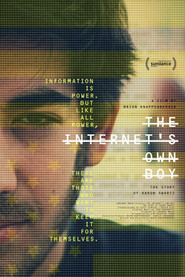 Programming prodigy and information activist Aaron...
Programming prodigy and information activist Aaron...The Internet's Own Boy: The Story of Aaron Swartz 2014
Programming prodigy and information activist Aaron Swartz achieved groundbreaking work in social justice and political organizing. His passion for open access ensnared him in a legal nightmare that ended with the taking of his own life at the age of 26.
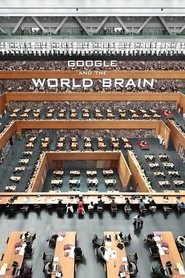 The most ambitious project ever conceived...
The most ambitious project ever conceived...Google and the World Brain 2013
The most ambitious project ever conceived on the Internet: Google's master plan to scan every book in the world and the people trying to stop them. Google says they are building a library for mankind, but some say they also have other intentions.
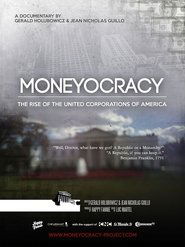 Moneyocracy is a 2012 documentary film about...
Moneyocracy is a 2012 documentary film about...Moneyocracy 2012
Moneyocracy is a 2012 documentary film about Citizens United v. Federal Election Commission, 558 U.S. 310 (2010), which was a landmark United States Supreme Court case in which the Court held that the First Amendment prohibited the government from restricting independent political expenditures by corporations and unions. The film explores how the Citizens United v. Federal Election Commission decision has dramatically changed the U.S. Campaign Finance Laws and lead to the most expensive Elections in the United States. The film describes the systemic corruption of the United States democracy and the consequences of that systemic corruption on the U.S. democracy and the electorate.
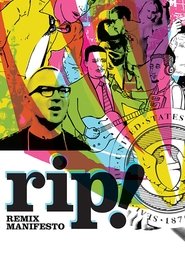 RiP A Remix Manifesto is a 2008...
RiP A Remix Manifesto is a 2008...RiP!: A Remix Manifesto 2008
RiP!: A Remix Manifesto is a 2008 open source documentary film about the "the changing concept of copyright" directed by Brett Gaylor.
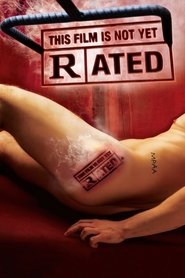 Kirby Dicks provocative documentary investigates the...
Kirby Dicks provocative documentary investigates the...This Film Is Not Yet Rated 2006
Kirby Dick's provocative documentary investigates the secretive and inconsistent process by which the Motion Picture Association of America rates films, revealing the organization's underhanded efforts to control culture. Dick questions whether certain studios get preferential treatment and exposes the discrepancies in how the MPAA views sex and violence.
